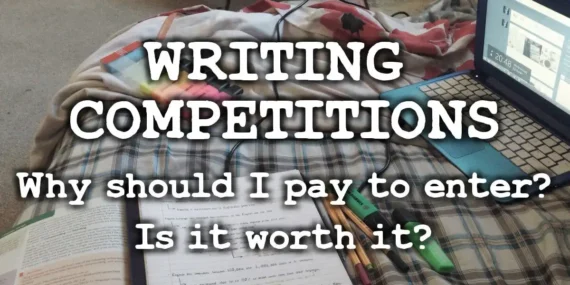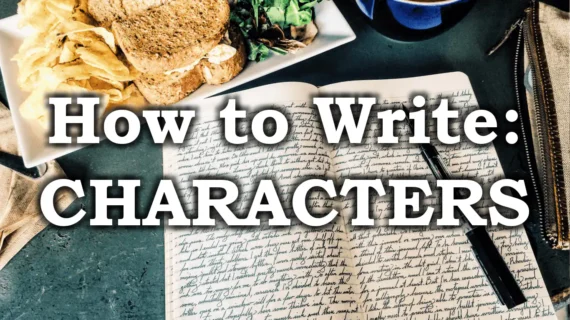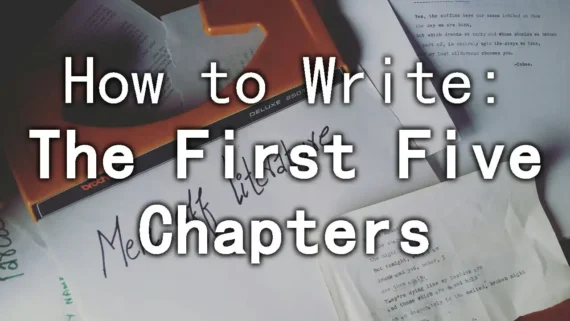Should I Pay to Enter a Writing Competition?
What is a writing competition? A writing competition (or contest) is an event that you enter with a piece of your own writing. The prize is usually money, but sometimes it is just the pride of being chosen as winner. The winning piece will usually get published somewhere. Sometimes there’s an entry fee, and sometimes…


